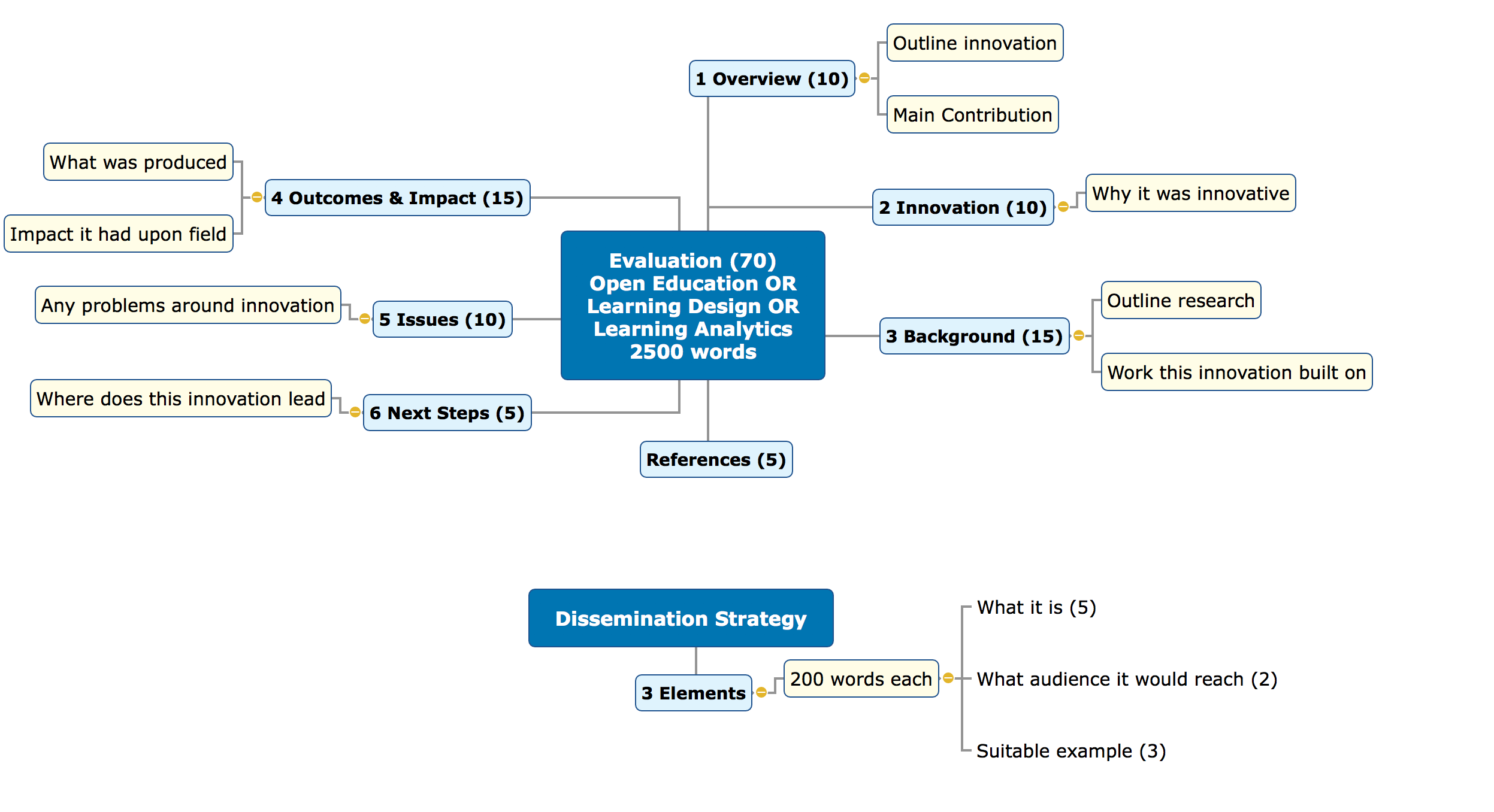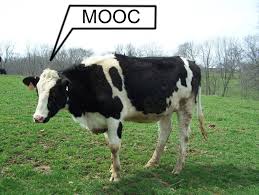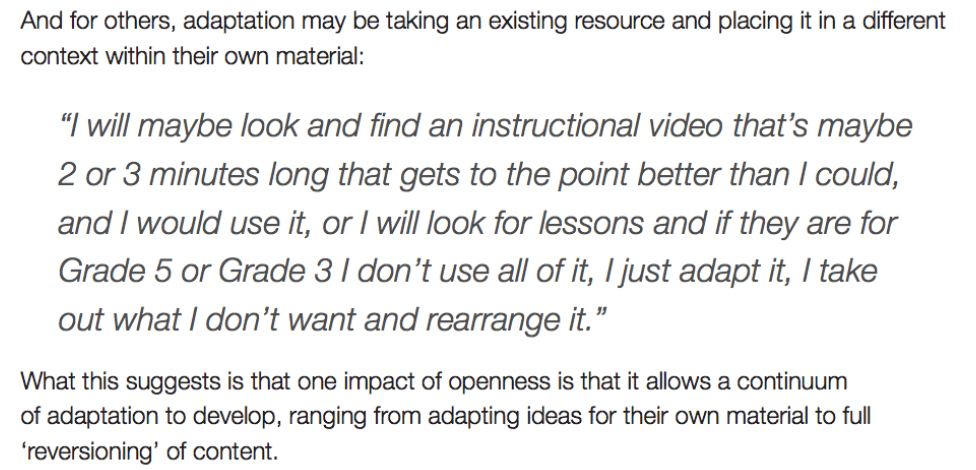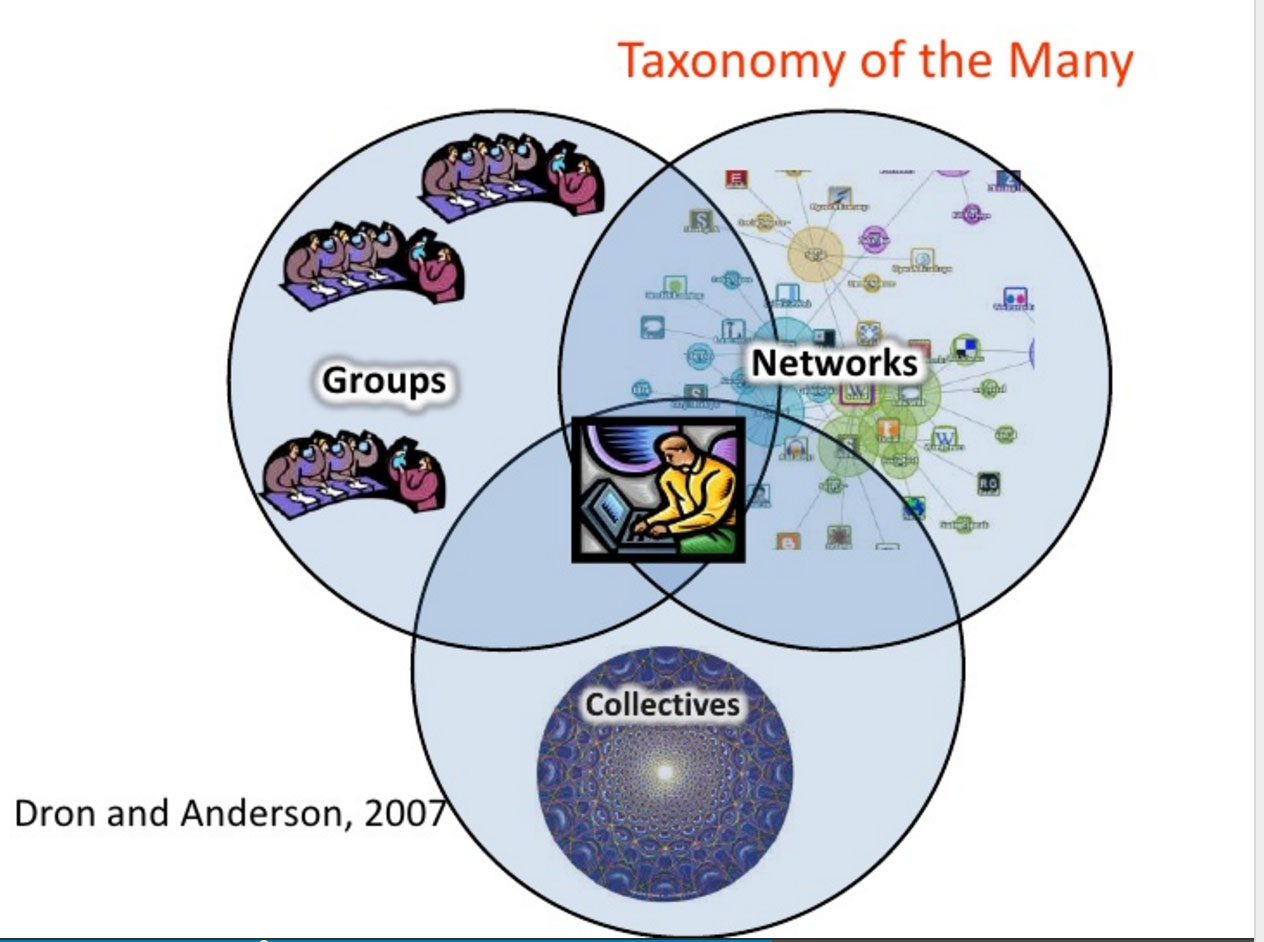If there are only one or two, add two or three more that you might like to include in the future, or in a different context.
Make notes on each resource, including for example:
What media or formats are the resources in?
In my context of KS4 & KS5 secondary education we our main resource is an interactive whiteboard for delivering lessons and books for writing notes/completing activities combined with worksheets as frames or for giving information. Teachers use a lot of powerpoints to deliver lessons and often embed videos within them
Which students would need an alternative?
SEN students are identified and their learning passports highlight alternative strategies. At KS4 a handful of students are able to complete their work on their own computers, at KS5 the majority of students do. There are also a number of students whose work needs to be printed on different coloured paper. Within the setting there are also a few students with hearing issues who are to be "seated at the front" although I do not believe this helps during noisy group work. There is also one blind student although I have not taught her in my subject. I believe that there are a number of SEN students who have NOT been identified who would benefit from an alternative.
Which alternatives would be an ideal solution, given unlimited human and technical resources?
All lessons delivered online through websites or Google Classroom to students who are carrying their own chromebooks. When lessons are delivered this way objectives and timings can be flexible to suit different styles of learning as well as SEN needs, those who prefer to listen could use screen readers and headphones, those who like to read can do so at their own pace, making notes can be simplified by copying and pasting information, using online tools for mindmapping etc.
Which alternatives are practical in the context of the learning outcomes?
The biggest practical issue in secondary is the need for the teacher to constantly be able to sow progression of the students, if work/notes etc is completed on a computer and not in books it must be kept in chronological order to show inspectors what students have completed and how their understanding has been improved. This could be done through Google Classroom as files are stored in classes but students are weak at following file naming and filling protocols.
Are the resources readily available for your students at the time they need them?
With Google Classroom the resources can be readily available under the current system they are merely available during lesson times.
Who in your organisation is responsible for providing alternative formats and any descriptions required?
Individual teachers
Is anyone responsible for checking the quality of alternative format materials?
No
Are there any copyright issues?
No - teachers produce their own materials or use those under licence for use by the organisation.








